

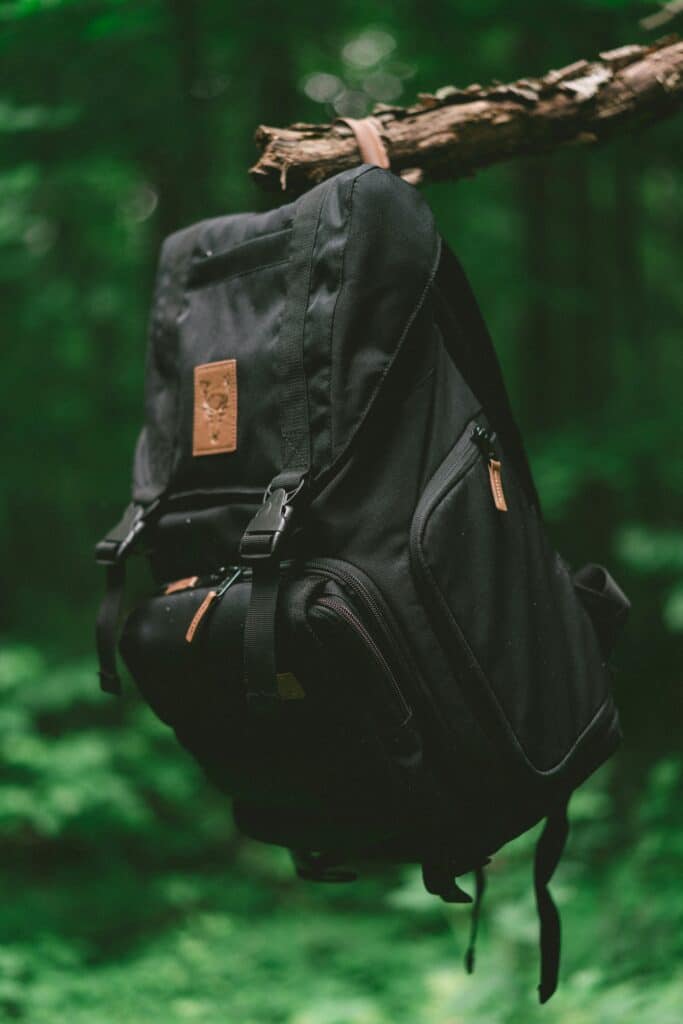
I always like to start with this simple question…
If you had 5-10 minutes to leave your house, would you be ready?
Natural disasters, inclement weather, and emergency evacuations can happen FAST and the goal is to be prepared to allow you, your family, and pets to get out of your home or out town as quickly as possible or to a designated shelter location.
Fires. Floods. Hurricanes. Blizzards. Landslides. Tornadoes. Earthquakes. Tsunamis.
NONE of these are in your control and they happen ALL over the United States and the world (we are all prone)… usually at a moment’s notice without warning.
It will be up to YOU to quickly pack your essential items and get moving.
I’ve outlined (3) steps to hopefully help you feel confident and empowered in being READY.
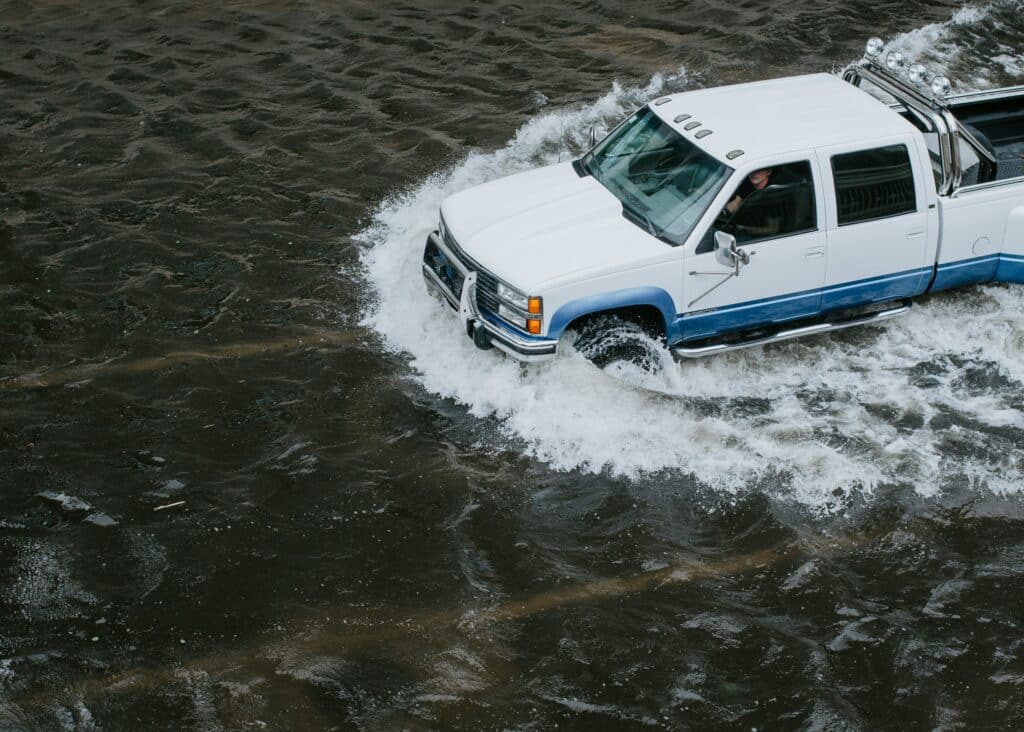
Let’s start by first covering what is a “go-bag”.
A go-bag is a backpack or duffle bag that you can either put in your vehicle or carry on your back if you need to evacuate or leave your home quickly. Inside your go-bag are your ESSENTIAL items only (3-day supply).
If you are evacuating to a designated shelter or hotel, some of these items may be available to you for usage, but since the predictability of what the emergency or natural disaster may yield, I believe it’s best to be fully-prepared for anything.
Listed below are some of the most important go-bag items and then I cover some additional considerations (and my favorites are linked further down).
You will also want to ensure you grab your purse, satchel, or handbag which will contain your wallet, ID, car keys, etc.
Additional Important Considerations:
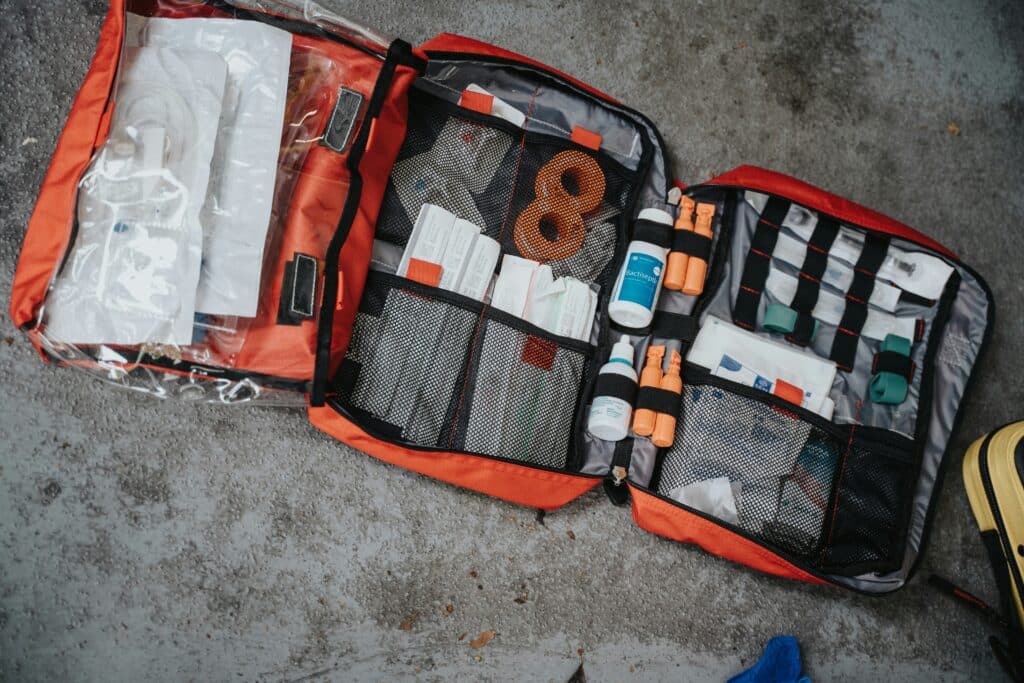
*Important Documents: Birth certificates, passports, social security cards, marriage certificate, power of attorney, medical records, etc.
I cannot stress enough the importance of having all of your important documents together in a folder (waterproof is recommended) on a regular basis.
*Cash: I don’t think there is a hard and fast rule about how much cash to have on hand and I know most people don’t want to have $200-$500 sitting in a Ziplock bag someplace safe, BUT I do think this is a really important component because what if there are power outages and credit card machines are down, how will you pay for gas, food, hotels, etc.?
Something to consider when choosing how much cash to start putting away slowly (you can add $5 to an envelope every week or so) or how much cash to withdraw today is $100 per person.
As I mentioned – hotel rooms, gas to fill your tank, jugs of water, and food are not cheap nowadays, so the cash you are able to have can play a huge role in what you can access in possible times of power outages and evacuations.

Okay, onward.
You may actually have some of the items listed above in your home already which is great!
Next step would be gathering them all together and putting them in a big backpack or duffle bag.
If you aren’t able to house all of these items in a bag because you use them or something along those lines, it’s good practice to make a list of the items not kept in the bag, so you can grab them without having to run through the list in your head if you need to leave or evacuate.
The less thinking, the better.
If you have kiddos, you can even make them their own individual mini “go-bags” and teach them about the items inside and their purpose and function.
Additionally, you don’t need to run out and buy the fanciest flashlight or top-of-the-line portable battery pack! Many of these items can be found on Amazon or at Walmart.
👉 Here are my go-to recommendations!
Remember… time will be CRUCIAL, so having as many of these items together in a bag or in the same general area is important.
It’s important for you or you/your family to have an understanding of what natural disasters or emergency situations could occur in the place you are living to allow you to be even better prepared and educated.
Designating roles can be valuable as well. By this I mean, if something were to happen, each person in the household will have 1-2 responsibilities that can help the flow of getting ready and leaving to happen much quicker (someone grabs the backpacks, someone fills water bottles, someone starts loading things into the car, etc.). Practice this plan!
If you have kids, making them little “contact cards” is a great idea in case for some reason you get separated and they need to contact someone (or you) or they can have other people they encounter call for them and help.
Understanding basic first aid is never a bad idea because there may be a delay in First Responder response times dependent upon the type of disaster or emergency that has occurred.
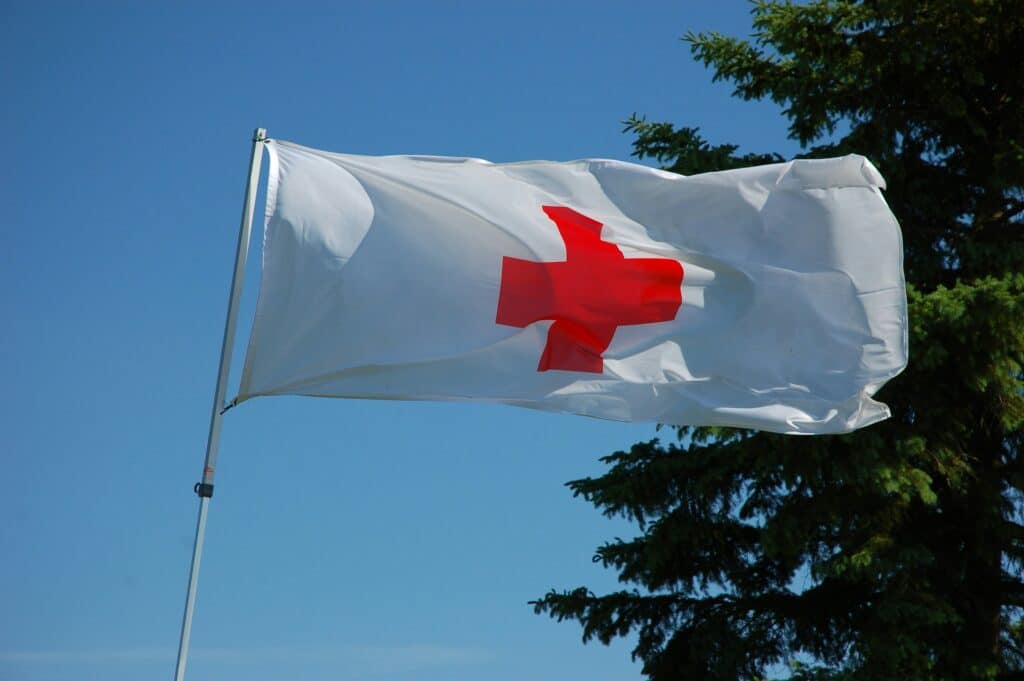
Even though cell service may be spotty or you may have none at all, but if you do, here are some great apps to have downloaded: American Red Cross Emergency Alerts, NOAA Weather Radar and Alerts, FEMA, and American Red Cross: First Aid.
If you are a military family, your local area or base American Red Cross is there to support you in sending a message or contacting your spouse if they are gone or deployed (Hero Care Center) in case of an emergency.
Do a quick Google Search to see if you have an American Red Cross nearby. You can even go and chat with someone to learn more about preparedness and readiness!
I also offer consultation calls where we can talk about or outline an emergency preparedness plan for you/your family & work through building out your go-bag together. I am part of the Red Cross Disaster Action Team!
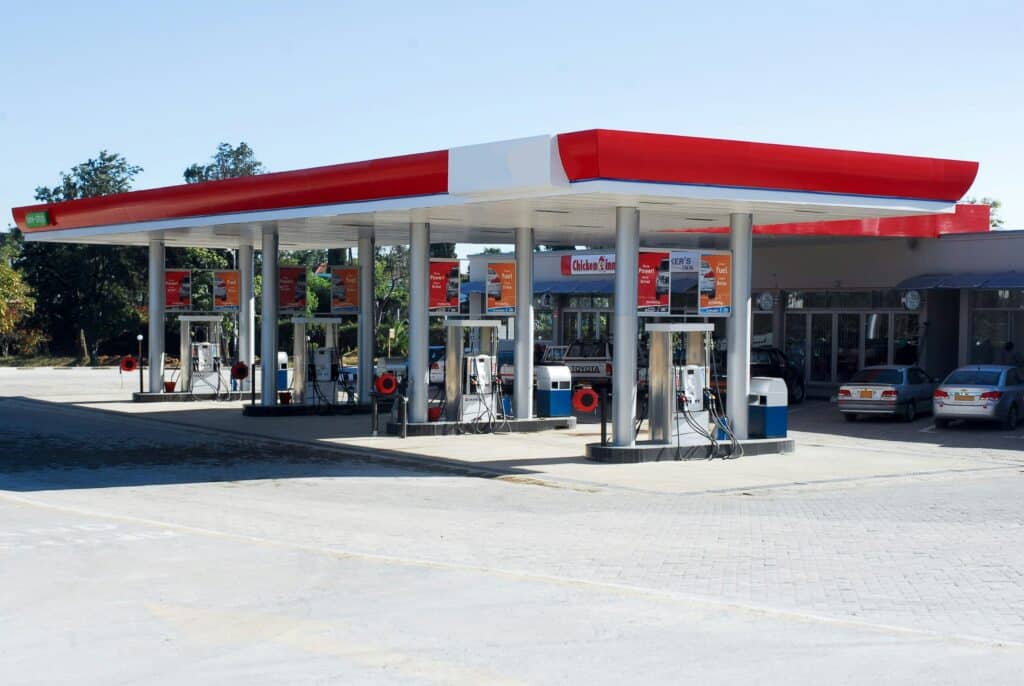
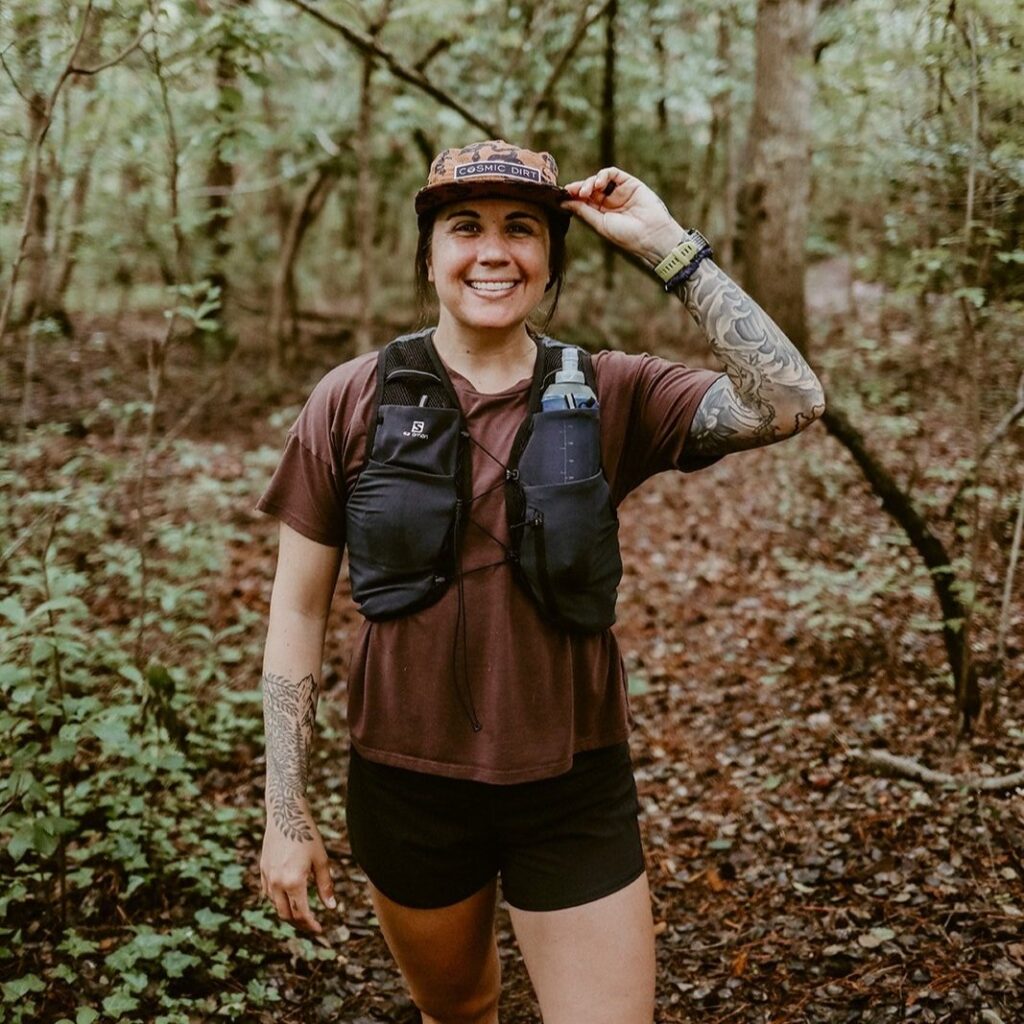
I’m a PNW-based outdoor educator, adventure athlete, highly-caffeinated creative, all-women adventure trip host, safety advocate, and obsessed dog mom. I am here to help you chase more stoke-filled days outdoors with confidence through education and empowerment.
Weekly newsletter where I share whatever is on my mind that week: outdoor education, cool quotes, entrepreneurship behind-the-scenes, safety tips, life updates, adventure trip details, and all the things in-between.
